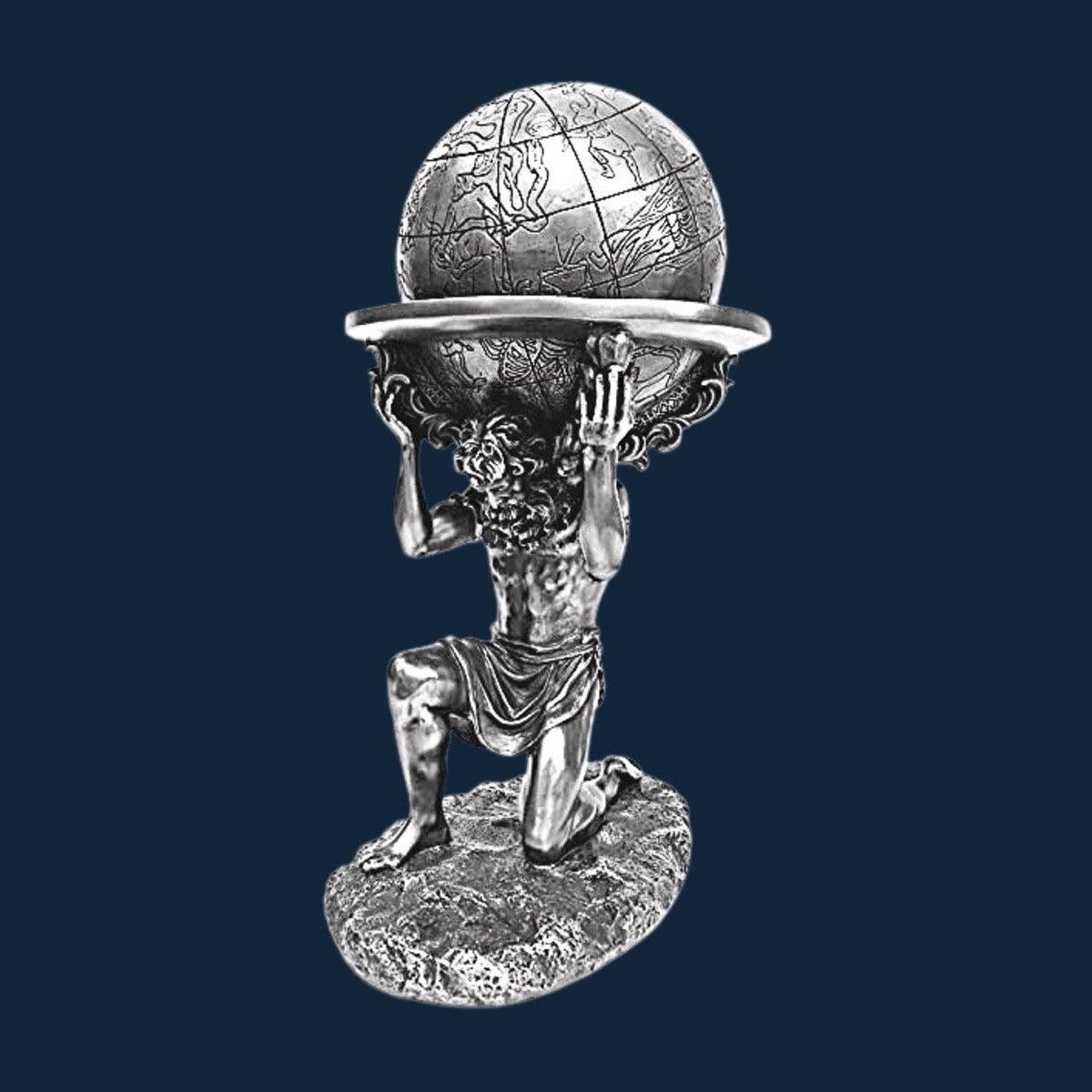11 Fun Facts About Atlas, The Greek God Of Strength
Jun 26, 22

11 Fun Facts About Atlas, The Greek God Of Strength
The Greek gods are a fascinating bunch. Their stories are rich in meaning and symbolism, with individual tales often serving as morality plays or simple cautionary tales.
One of the lesser-known gods is Atlas, the deity of strength. You might not know much about him, but he’s actually pretty interesting. In this post we’ll take a look at 10 fun facts about Atlas, the Greek god of strength.
He was the guardian of the Greek Heavens.
The Greek heaven is the realm of the gods, where the Greek gods lived. Finding a guardian for a realm is a strange thing for a god to do, but the Greeks thought that you needed some sort of protection for any place that was sacred.
Atlas was the natural choice as the guardian of the heavens, as he was a god of strength.
He was a Titan, and his brother was Prometheus.
Atlas and Prometheus were brothers. They were both Titans—a class of beings that were extremely strong and ruled during the Golden Age.
After the Olympians overthrew them, they were transformed into mountains, rivers, and other things. In an odd twist, they ended up being on opposite sides of the universe; Atlas was used as the mount for holding up the sky, while Prometheus was used as the base for the earth.
Because of this, Atlas and Prometheus never got to see each other again.
He held up the sky for eternity.
Atlas held up the sky for eternity. Now, this seems like it would be an impossible task, but the Greeks had a bit of a get-out-of-jail-free card for this. They believed that eternity is a lot shorter than we think it is.
In fact, it’s just a straight line extending in both directions, with no beginning and no end. That means that the moment that Atlas took up the burden, he was already at the end of his to-do list.
He created the first Olympic Games.
Atlas is credited with being the creator of the first Olympic Games. The story is that he and Hercules were walking along, when they came upon a group of people fighting over the right to host a sporting event.
At first, they thought the event was a fight to the death, but when they saw that the event had no rules, they stepped in and told everyone that they needed to organize. And that’s how the first Olympics came to be.
Atlas had 3 daughters who were Great Muses.
Atlas had three daughters. However, he wasn’t a single father; his wife was Ploëtia, who was a human. But the three daughters—Arche, Mestra, and Terpsichore—were special.
They were named the “great muses,” and they were born with the gift of inspiration. They were the source of human creativity, and they were credited with inspiring the arts, sciences, and everything in between.
Atlas also has a cave named after him.
They called it the cave of the nymphs. It was a place where Atlas made sacrifices to the gods. It was also the site where Hercules fought against the river god, Achelous.
Hercules had to fight him for the hand of Deianira, who was the daughter of Achelous. It was an event that people still talked about many, many years after the fact.
His strength came from a magical spring.
Atlas was a very strong god, but he was human, which means that he wasn’t born with a magical gift of strength. However, he did find a magical spring that allowed him to become as strong as the gods.
As a result, he became a bit of a show-off, and that’s when the Olympians decided to put their foot down and put Atlas to work.
Atlas is commonly associated with Shrugging Activities.
When we think of the name Atlas, we don’t think of someone who is strong and powerful, but someone who shrugs.
The action of shrugging became associated with the Greek god, as he was often depicted with his shoulders raised while holding the world on his head.
The word “atlas” comes from this Greek god’s name.
The word “atlas” comes from this Greek god’s name. Originally, atlas was the name of the book that contained maps and charts for navigation.
However, over the years, it has come to be used as a synonym for the collection of maps that are used for navigation.
A Titan, who also has a star named after him.
Atlas became a Titan, and he also had a star named after him. His star was the first star that appeared in the evening sky, and it was a very important star because it signalled that the harvest time was coming.
It would also lead travellers through the night so that no one would get lost.
He gave us our sense of direction with the use of constellations.
Atlas was a very thoughtful god. He was responsible for giving us our sense of direction with the use of constellations.
He put the different constellations in their rightful place in the sky and then named them after his friends, family, or animals that he liked.





